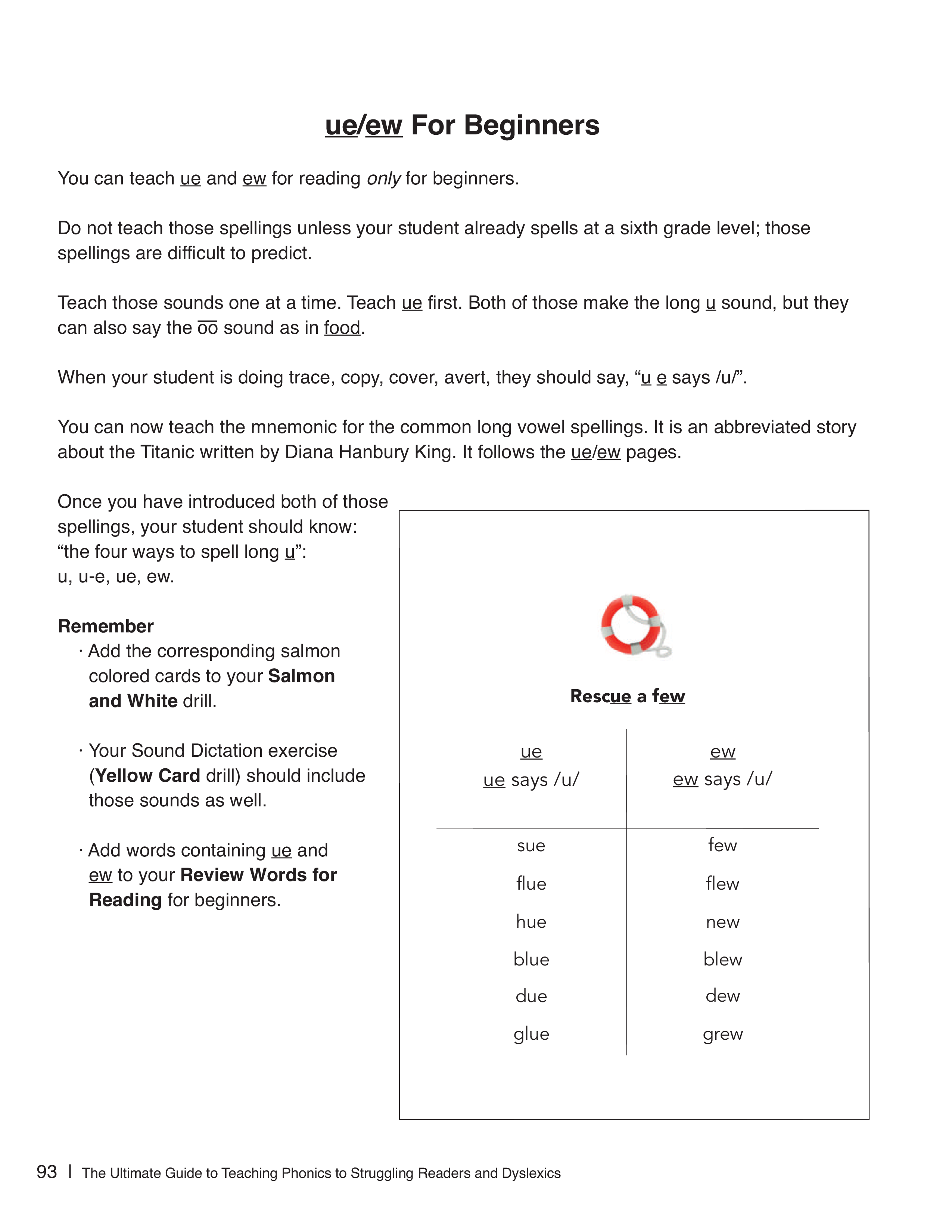

This allowed assessing the influence of the same set of cognitive skills on three different foreign languages within the same sample. A strength of the design was that all participants were followed from the first day of secondary school, where they acquired all three foreign orthographies, starting from the same, beginner, level. These questions were addressed in the current study in students with fluent literacy skills in a transparent alphabetic orthography (Dutch, their native language), who simultaneously acquired three foreign languages in school: Spanish, a transparent alphabetic orthography, French, a nontransparent alphabetic orthography, and Chinese, a nonalphabetic orthography.

This leaves questions open about the degree to which certain cognitive skills underlie literacy acquisition in general, or specific aspects of literacy in particular and the degree to which the skills that underlie literacy development are universal or language specific. In addition, most studies focus on one foreign language only. Remarkably, despite the conventionality of including multiple aspects of literacy in foreign language programs (i.e., reading, vocabulary, writing), research thus far primarily focused on solely one aspect of literacy at a time. Interesting insights in the processes involved in foreign language acquisition have come from research on underlying cognitive skills (Chiappe & Siegel, Reference Chiappe and Siegel1999 Cisero & Royer, Reference Cisero and Royer1995 Comeau, Cormier, Grandmaison & Lacroix, Reference Comeau, Cormier, Grandmaison and Lacroix1999 Durgunoğlu, Nagy & Hancin-Bhatt, Reference Durgunoğlu, Nagy and Hancin-Bhatt1993 Geva & Yaghoub-Zadeh, Reference Geva and Yaghoub-Zadeh2006 Geva, Yaghoub-Zadeh & Schuster, Reference Geva, Yaghoub-Zadeh and Schuster2000 Lindsey, Manis & Bailey, Reference Lindsey, Manis and Bailey2003 Morfidi, van der Leij, de Jong, Scheltinga & Bekebrede, Reference Morfidi, van der Leij, de Jong, Scheltinga and Bekebrede2007). Nevertheless, an increasing number of people master one or more foreign language(s). Becoming literate in a foreign language is even more complex, since it by definition involves at least two languages and hence cross-linguistic processes (Koda, Reference Koda2007). It comprises multiple, interrelated aspects, including reading, writing, vocabulary, spelling and reading comprehension.

Across languages, native reading skills seemed to be employed to varying degrees of efficiency to decipher foreign words, more so for foreign languages with a smaller orthographic distance from the native language.īecoming literate is a long-lasting and complex process. For word reading the influence of cognitive skills appeared language specific. Structural equation regression models indicated that three areas (word and sentence vocabulary, and sentence reading) related most strongly to verbal and nonverbal intelligence, indicating the involvement of academic skills. Cognitive skills at the start of literacy acquisition (Grade 7) were longitudinally related to literacy attainment in each of the foreign languages after two years of instruction (end of Grade 8). Students fluent in Dutch simultaneously acquired three foreign languages that differed in orthographic transparency and writing system (Spanish, French, Chinese). To capture the complexity of foreign language literacy acquisition, we investigated cognitive skills underlying word reading, sentence reading, word vocabulary and sentence vocabulary in three different foreign languages.


 0 kommentar(er)
0 kommentar(er)
